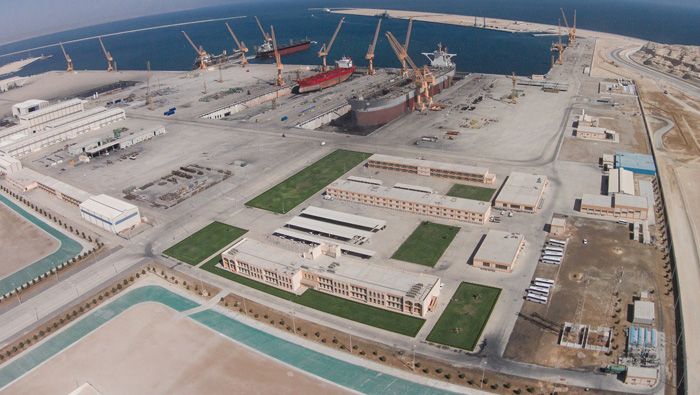
Muscat: A foundation stone will be laid for the world’s largest Sebaic acid project in Duqm on Wednesday. The function will be held under the auspices of Yahya bin Said Al Jabri, chairman of the Special Economic Zone Authority of Duqm (Sezad).
The capital expenditure of the project is estimated at OMR24 million and it will be built in an area of about 400,000 square meters.
The plant, which will produce 30,000 tonnes of Sebacic acid per annum in Duqm free zone, is the first project to manufacture Sebacic acid in the entire Middle East and North Africa (Mena) region. The plant will produce Sebacic acid, which is extracted from castor oil that enters in many chemical, plastics and pharmaceuticals industries.
Duqm free zone is witnessing a significant interest from local and foreign investors. It also seeks to contribute to the economic diversification through investments it attracts.
Pradeepkumar B. Nair, chief executive officer (CEO) of Sebacic Oman, earlier said that Indian and Omani investors have promoted the state-of-the-art export-oriented project with a capital expenditure of $62.7 million.
Sebacic acid, which is used for making high performance engine oil and lubricants, adhesives, engine coolants, bio-degradable packaging, sub-sea pipe/cable coatings, aerospace polymers, anti-corrosion applications and bio-plastics, is manufactured from castor oil (vegetable oil).
The entire production will be exported to the United States, Europe, Japan and China. Sebacic acid is used for producing bio-degradable packaging for replacing cancer causing plastics. Food packages for children in the United States and Europe are being produced with bio-degradable plastics.
Demand for Sebacic acid is growing due to a ban on plastics in packaging food products for children in several developed countries and increasing aerospace applications. The castor oil derivatives market is worth $15 billion per annum and major demand is coming from the United States, Europe and Japan.
Sebacic acid is manufactured from castor oil, which is already grown in Oman. However, the company plans to import castor oil from India. As much as 70 per cent of world’s castor oil is produced in the Indian state of Gujarat. The castor plant grows on any soil and is found in Oman growing naturally.
Pradeepkumar earlier said that for the first phase of the Duqm project, the total castor seed requirement will be around 100,000 tonnes per annum.
The tax-free incentives of the Oman government in Duqm and good port connectivity are the advantages considered before locating the project there. The proposed liquid jetty is also an advantage.